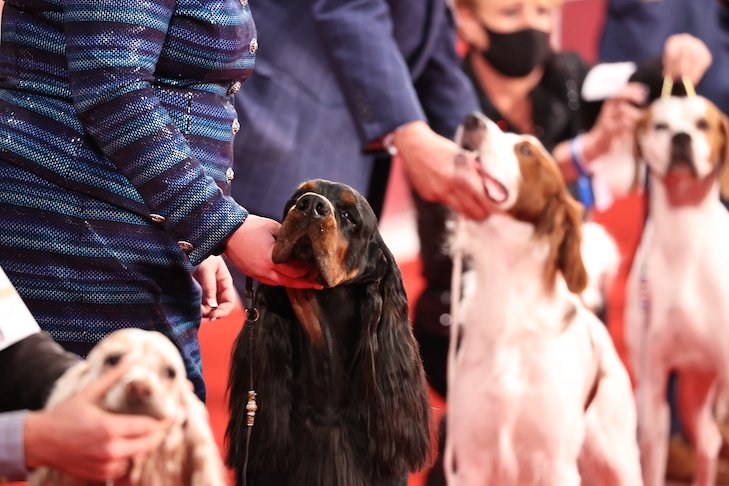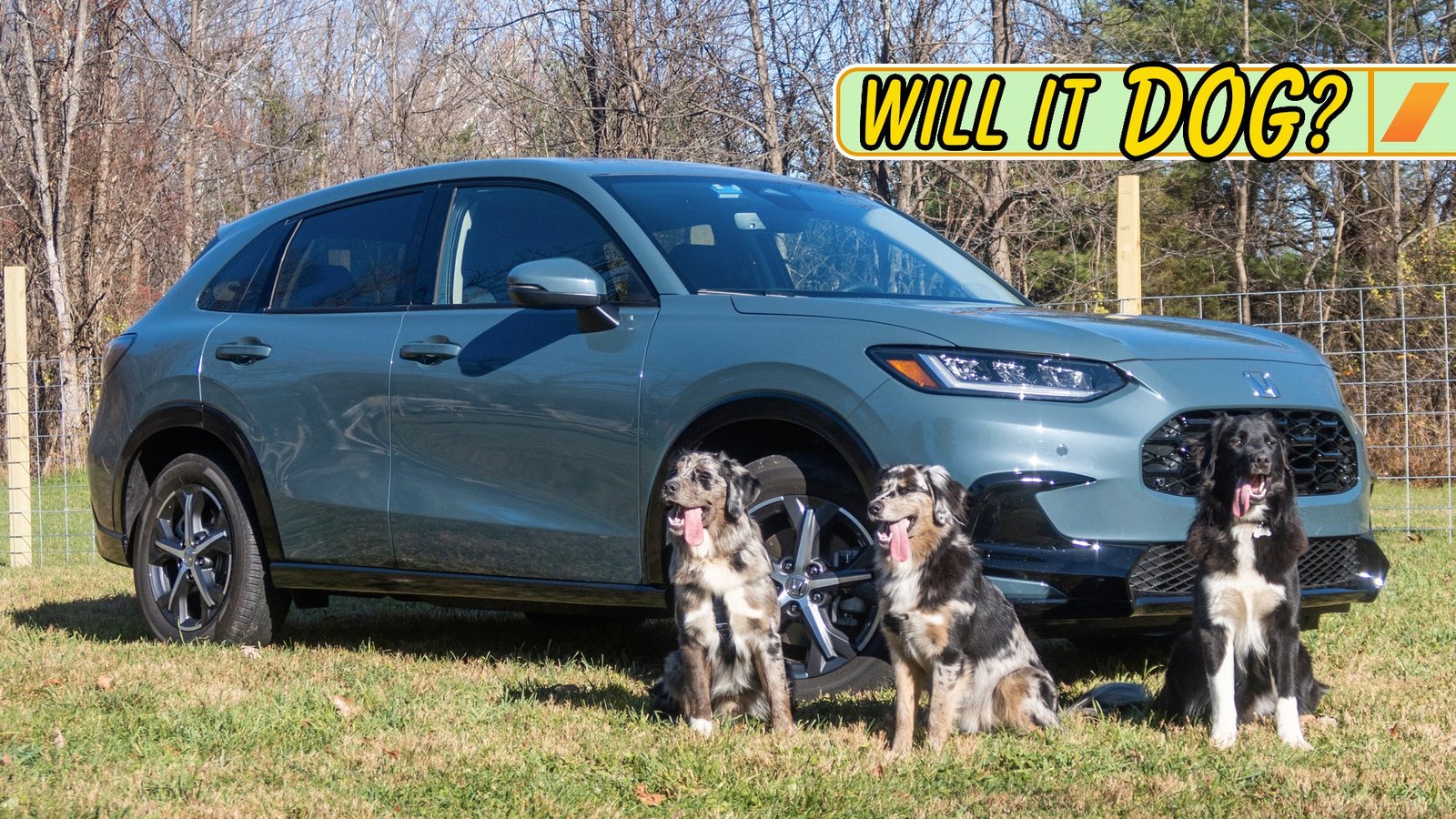10 Issues You Might Not Know About Breed Recognition

In July 2022, the Bracco Italiano turned the 2 hundredth breed formally acknowledged by the AKC. It’s a large milestone, an achievement to be celebrated. Nonetheless, the street to recognition will not be a straight line for each breed.
A breed membership—or particular person—might want their breed of option to be acknowledged for various causes that make the (typically prolonged) course of worthwhile.
Step one is to affix the Basis Inventory Service (FSS), which permits breeds aspiring for AKC recognition to take care of a studbook and take part in AKC companion occasions. To be eligible for FSS, the breed have to be acknowledged by a legit overseas or home registry and have a documented historical past that goes again at the very least 40 years. Crosses of present AKC-recognized breeds will not be accepted into FSS.
From there, a breed can advance to the Miscellaneous Class, as long as it has a minimal of 150 canines with three-generation pedigrees in its studbook, a viable breed commonplace, and one membership that can signify the breed as its “father or mother membership” in the USA. Transferring from Miscellaneous into one of many AKC breed teams could take a while. A breed wants 300 canines within the studbook, 100 lively membership members, and 10 canines owned by members with Certificates of Benefit titles earlier than it will probably occur.
Issues You Might Not Know About Breed Recognition
1. There have been 9 breeds acknowledged earlier than the AKC was based.
There have been 9 breeds acknowledged in 1878 earlier than the AKC was based in 1884. Consider them as the primary authentic colonies of the canine world. The breeds are the Chesapeake Bay Retriever, Clumber Spaniel, Cocker Spaniel, English Setter, Gordon Setter, Irish Setter, Irish Water Spaniel, Pointer, and Sussex Spaniel. The English Setter “Adonis” was the primary canine registered with AKC, showing in Quantity 1 of the AKC Studbook, in 1878.
2. The American English Coonhound was the quickest to be acknowledged.
The quickest canine to advance from the Miscellaneous group to full AKC recognition was the American English Coonhound. The breed took 545 days to make the transfer. The American English Coonhound joined the Miscellaneous group on January 1, 2010, and was totally acknowledged within the Hound group on June 30, 2011
3. The Belgian Laekenois took the longest to be acknowledged—in the intervening time.
Alternatively, the Belgian Laekenois spent the longest period of time within the Miscellaneous group at 3,289 days. It entered the group on June 30, 2011 and was totally acknowledged within the Herding group on July 1, 2020. Nonetheless, it might not be the longest time spent for a breed working towards full recognition. The Peruvian Inca Orchid has been within the Miscellaneous class since January 1, 2011, or 4,205 days (and counting).
Belgian Laekenois
4. The Herding group was once a part of the Working group.
Created in 1983, the Herding group is the newest AKC group classification, and its breeds have been beforehand a part of the Working group. This new classification created a extra particular grouping for the way sure breeds have been acknowledged. Nonetheless, these canine breeds nonetheless have a job to do, and so they all share an instinctual means to regulate the motion of different animals. These breeds have been developed to collect, herd, and shield livestock—however chances are you’ll discover them herding your kids as properly.
5. English Cocker Spaniel and Cocker Spaniel have been as soon as thought-about the identical breed.
In 1936, the AKC acknowledged the English Cocker Spaniel as quite a lot of Cocker Spaniel, although they have been nonetheless thought-about the identical breed. However fanciers needed to maintain the English kind separate and vowed to not breed the 2 sorts collectively. Then, in 1946, the ECS was formally acknowledged as a separate breed from the Cocker Spaniel.
6. The Miniature American Shepherd was bred as an offshoot of the Australian Shepherd.
Within the Nineteen Sixties, smaller Australian Shepherds in California have been selectively bred to additional cut back their measurement. The brand new breed developed was initially known as the Miniature Australian Shepherd however was later renamed the Miniature American Shepherd. The breed acquired AKC recognition in 2015. The Australian Shepherd was initially acknowledged in 1991.
7. The defining ears of the Norfolk and Norwich Terrier cut up the breed.
Initially, the Norwich Terrier (ears up) and Norfolk Terrier (ears down) have been each thought-about one breed and have been labeled as Norwich Terriers. However over time, the distinction led to the creation of two separate breeds. In 1979, the Norfolk Terrier was formally acknowledged by the AKC as a definite breed.
8. There are 4 Belgian herding breeds—however solely within the U.S.
In 1981, the newly shaped Belgian Shepherd Membership established that there have been 4 styles of Belgian shepherds: the Belgian Sheepdog, the Belgian Laekenois, the Belgian Tervuren, and the Belgian Malinois. Whereas the AKC acknowledges these 4 varieties as separate breeds, The Kennel Membership UK regards them as one breed.
9. Poodles are labeled by their distinct sizes.
All Poodles originated from the Normal Poodle, which was bred in Germany to retrieve geese from the water. The Normal was bred right down to the Miniature, and the Toy Poodle was first bred in America within the early twentieth century as a city-dwelling companion canine. The Normal and Miniature are within the Non-Sporting group, whereas the Toy is within the, properly, Toy group.
All three colour styles of the Cocker Spaniel.
10. Newly acknowledged breeds are not cut up up by selection
Some breeds acknowledged early on in AKC historical past have been judged collectively by selection. For instance, Cocker Spaniels are judged by coat colour: Black, Parti-Shade, and ASCOB (any strong colour apart from black). Dachshunds are judged by coat kind (Wirehaired, Easy, Longhaired). The merry Beagle is judged by peak on the shoulder (13-inch or 15-inch). If the AKC had continued to separate up breeds and decide every selection individually, as we approached 200 breeds in an all-breed present, that will make for a really, very lengthy canine present.



